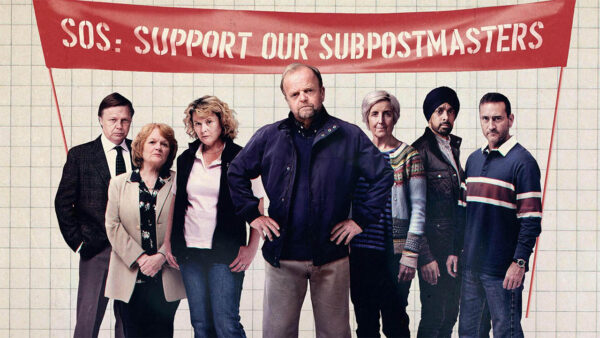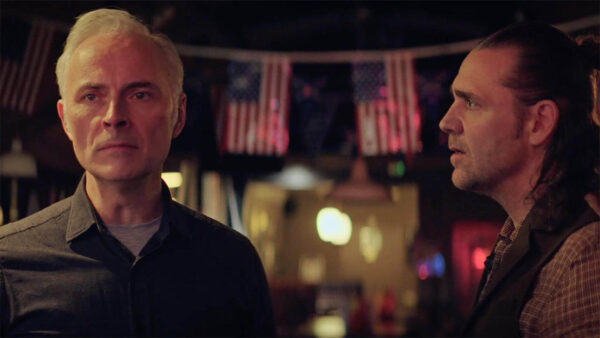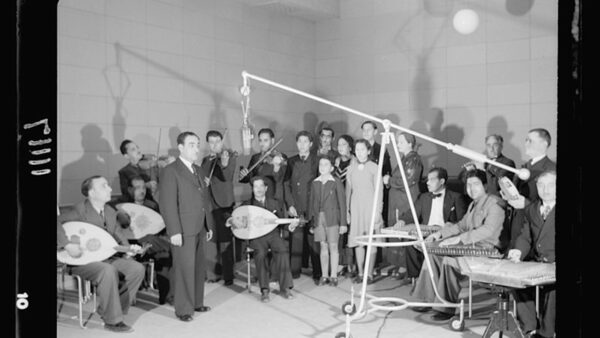Tuesday, August 23 at 9 p.m.
The bitter, partisan battle that played out during Brett Kavanaugh’s Supreme Court confirmation hearings reflected deep divisions in Washington and America’s current political and social moment.
But as a new FRONTLINE investigation reveals, the intense politicization on display during the Supreme Court confirmation process — and the transformation of the Court itself — has been a shift decades in the making.
FRONTLINE’s acclaimed political team draws on dozens of interviews with key current and former U.S. senators — including Sen. Susan Collins (R-ME), Sen. Lindsey Graham (R-SC), Sen. Amy Klobuchar (D-MN) and Heidi Heitkamp (D-ND) — White House and congressional staffers, insiders from multiple presidential administrations, legal experts, authors and journalists to investigate how America reached this moment.
Supreme Revenge begins by tracing how Bork’s failed nomination in 1987 sparked a desire for revenge from McConnell that would ultimately help shape the Court for decades to come. Alarmed by Bork’s record on civil rights and social issues, liberal Democrats launched protests, phone banks, and attack ads in an effort to prevent his confirmation. But to McConnell, then a first-term senator, and other Republicans, it was an unfair attack based on Bork’s conservative ideology.
A central player, the film finds, Senator Mitch McConnell (R-KY). For the Senate Majority Leader, the confirmation of Kavanaugh — despite Christine Blasey Ford’s allegation that Kavanaugh sexually assaulted her in the 1980s — was a crowning achievement in a career spent building a more conservative Court. It was also the culmination of a vow to retaliate for what McConnell saw as the unfair treatment of President Ronald Reagan’s Supreme Court nominee Robert Bork by Democrats back in the late 1980s.
As the film recounts, McConnell vowed that he and his Republican colleagues would retaliate. And they did: “The forces for Bork who suffered that very painful defeat didn’t give up, didn’t go home to sulk,” Linda Greenhouse of The New York Times tells FRONTLINE.
Supreme Revenge explores the development of a key force in that new reality: the Federalist Society, a conservative legal group that has impacted legislative agendas across the country and become one of the most powerful players in Washington — where some say they played a crucial role in helping to get Donald Trump elected.
“I don’t think he would be president without that list,” Trump’s former campaign manager and chief strategist Steve Bannon tells FRONTLINE, referring to a list of Federalist Society-approved potential Supreme Court nominees that candidate Trump pledged to pick from, in a McConnell-supported effort to win over skeptical conservatives.




















